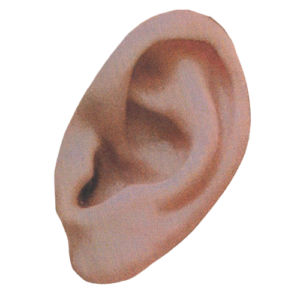HIV Myths
DON'T BELIEVE THEM

"HIV doesn't exist"
HIV DOES EXIST. It has been thoroughly studied for 40 years. It is a retrovirus that attacks the immune system of the person who acquires it. The immune system is our body’s natural defense against infectious microorganisms, such as bacteria, viruses, and fungi that can invade our body.
HIV targets and destroys CD4 lymphocytes, which are a type of cell that is part of the immune system and is responsible for producing antibodies to combat infections caused by these external agents.
"HIV is a death sentence"
That’s not true.At the onset of the epidemic in the 1980s, there were very few treatments, and people often died quickly after contracting the virus. However, since then, there have been many medical advances allowing individuals with HIV to live long and fulfilling lives. Moreover, research continues to improve treatment.


"HIV only affects gay men and intravenous drug users"
HIV does not discriminate and can affect anyone. Newborns, women, older adults, or teenagers of all backgrounds and nationalities can have HIV. While the prevalence of the virus varies among different groups (as with other health issues), it can affect anyone. Over half of all people with HIV worldwide are women.
"HIV can be cured"
There is no cure for HIV. However, antiretroviral treatment can reduce the viral load (the presence of the virus in the body) but not eliminate it. The viral load can be reduced to the point where the virus becomes undetectable, preventing its transmission to another person through sexual contact.


"HIV can be transmitted through casual contact, kisses, or mosquito bites"
HIV cannot spread through the air or be transmitted through skin contact sweat, or saliva. This means that holding hands, drinking from the same glass, hugging, and other casual contact do not transmit HIV.
To contract the virus, you need the HIV presence, a fluid that contains it, and a way for it to enter. Blood, semen, vaginal fluid, pre-ejaculatory fluid, or breast milk are fluids where HIV might be present. For it to enter the body, an entry point is required, such as the vaginal, penile, or anal mucous membranes, open bleeding wounds, eyes, and mouth (with open wounds).
"HIV cannot be transmitted if contraceptive pills are used"
Contraceptive methods such as pills, sponges, diaphragms, and spermicides are designed to prevent pregnancy, not infections like HIV. None of these methods protect you from this virus or other Sexually Transmitted Infections (STIs).
